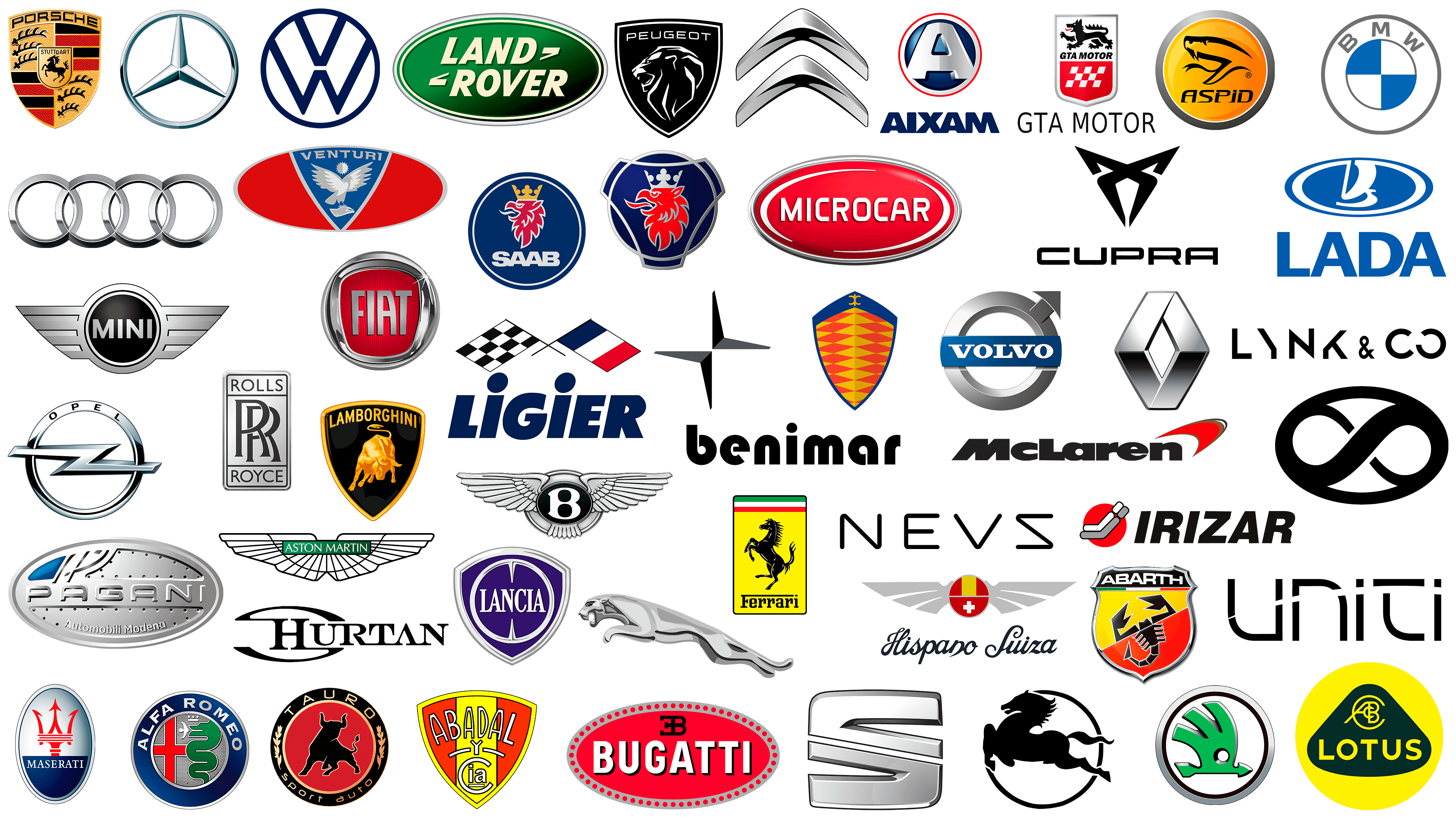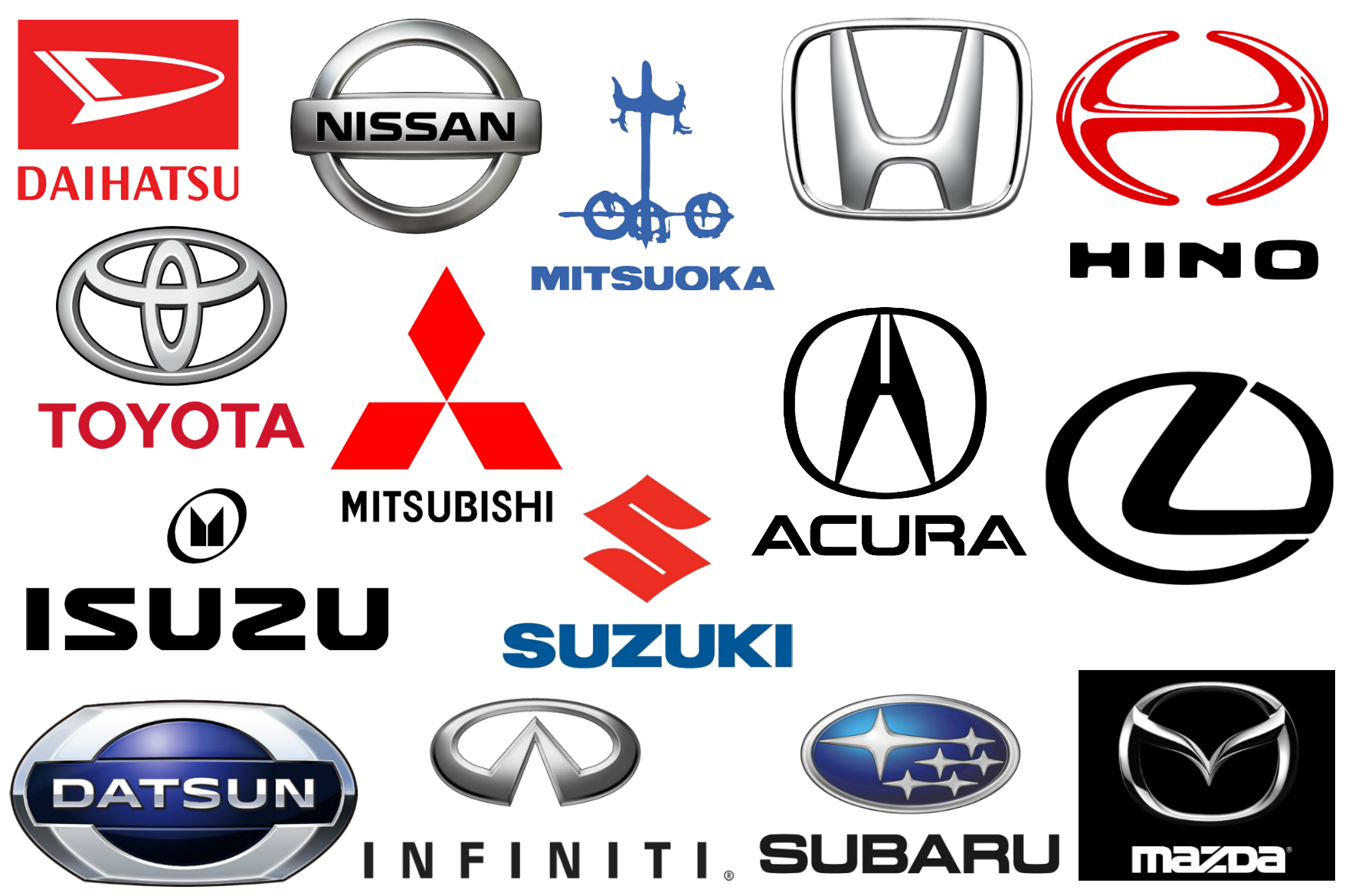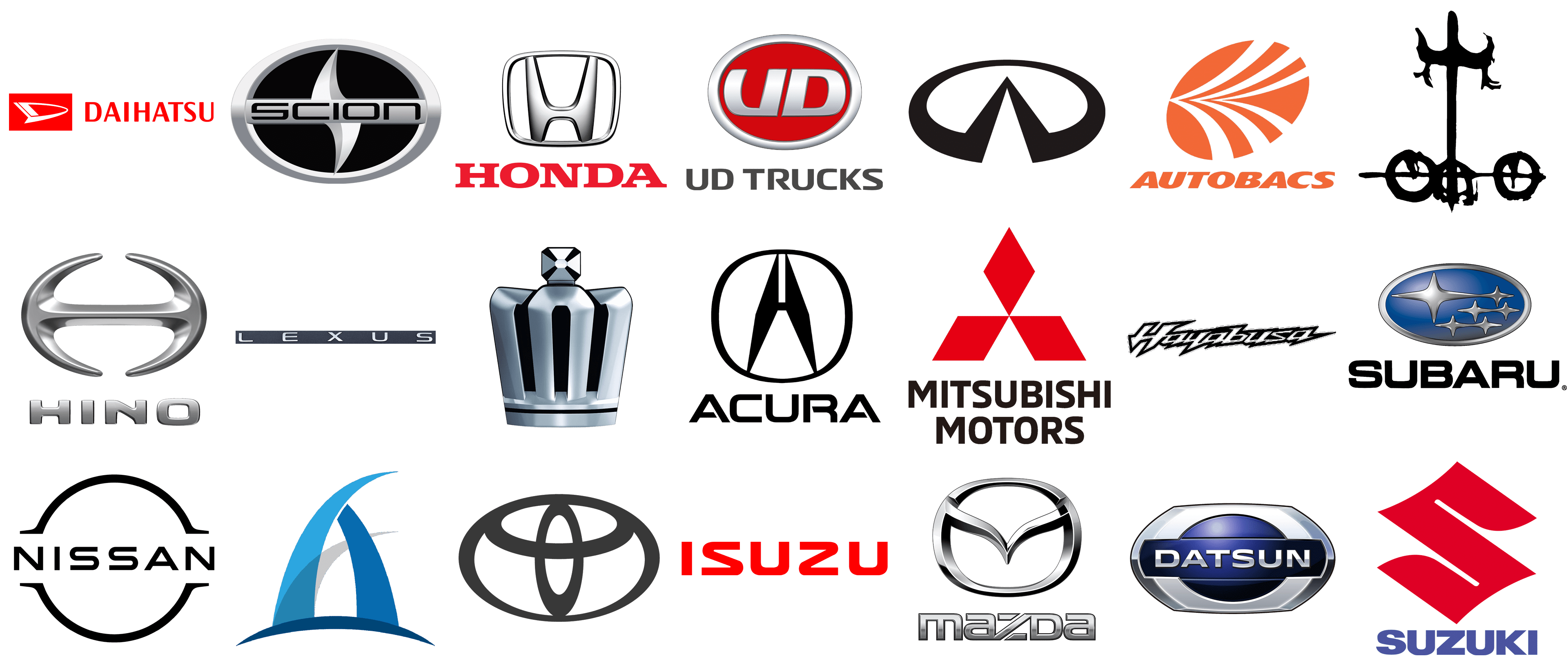German Car Brands and Their Engineering Excellence have long been synonymous with precision, reliability, and performance. From the early days of the automobile, German manufacturers have been at the forefront of innovation, pushing the boundaries of what is possible in automotive design and engineering.
This legacy of excellence is rooted in a deep-seated commitment to quality, meticulous attention to detail, and a relentless pursuit of perfection.
This unwavering dedication to engineering principles has resulted in some of the most iconic and influential car brands in the world, including BMW, Mercedes-Benz, Audi, Porsche, and Volkswagen. These brands have consistently produced vehicles that are renowned for their handling, performance, and durability, setting the standard for the global automotive industry.
History of German Automotive Engineering: German Car Brands And Their Engineering Excellence
German automotive engineering has a rich history, characterized by innovation, precision, and a relentless pursuit of excellence. From the early days of the automobile to the modern era of electric vehicles, German car brands have consistently pushed the boundaries of technology and design, shaping the global automotive landscape.
Early Pioneers and Innovations
The origins of German automotive engineering can be traced back to the late 19th century. Karl Benz, a German engineer, is widely credited with inventing the first gasoline-powered automobile in 1886. His invention, the Benz Patent Motorwagen, marked a pivotal moment in the history of transportation.
Early German car brands were known for their innovative engineering solutions. Gottlieb Daimler, another prominent German engineer, developed the first high-speed internal combustion engine in 1883. Daimler’s invention laid the foundation for the development of powerful and efficient engines that would power cars for decades to come.
- Mercedes-Benz, a brand that emerged from the merger of Daimler and Benz in 1926, quickly established itself as a leader in luxury and performance. Mercedes-Benz introduced several groundbreaking innovations, including the world’s first diesel-powered passenger car in 1936.
- BMW, founded in 1916, initially focused on aircraft engines. After World War I, BMW transitioned to motorcycle production and later entered the automotive market. BMW’s early cars were known for their innovative engine designs and aerodynamic styling.
- Volkswagen, founded in 1937, was initially conceived as a national car project under the Nazi regime. The iconic Volkswagen Beetle, introduced in 1938, became a symbol of German engineering prowess and affordability. It remained in production for over 65 years, becoming one of the best-selling cars in history.
The Impact of World War II
World War II had a profound impact on German car manufacturing. The war effort diverted resources away from civilian production, leading to a decline in car output. Many factories were destroyed during the war, and the German automotive industry faced a period of reconstruction and rebuilding.
Despite the challenges, German car manufacturers were able to adapt and innovate. The post-war period saw the development of new technologies, including the use of lightweight materials and advanced engine designs. German car brands began to regain their global market share, driven by a commitment to quality and engineering excellence.
The Resurgence of German Automotive Engineering
Following World War II, the German automotive industry experienced a remarkable resurgence. German car brands, known for their precision engineering and innovative designs, quickly regained their global prominence.
- Porsche, a sports car manufacturer founded in 1931, achieved global recognition for its high-performance vehicles. Porsche’s iconic 911 sports car, introduced in 1963, became a benchmark for sports car engineering.
- Audi, founded in 1909, gained a reputation for its advanced quattro all-wheel drive system, introduced in 1980. Audi’s innovative technology revolutionized car handling and performance, setting a new standard for all-weather driving.
- Opel, founded in 1862, focused on producing affordable and reliable cars for the mass market. Opel’s Kadett and Astra models became popular choices for families and commuters. Opel’s commitment to innovation led to the development of the first production diesel engine for passenger cars in 1936.
The Modern Era of German Automotive Engineering
In the modern era, German car brands continue to be at the forefront of automotive innovation. They are actively developing advanced technologies, including electric vehicles, autonomous driving systems, and connected car features.
- Tesla, a US-based electric vehicle manufacturer, has emerged as a major competitor to German car brands. Tesla’s innovative battery technology and advanced software systems have challenged the traditional automotive industry. German car brands are responding to this challenge by investing heavily in electric vehicle development and battery technology.
- Autonomous Driving: German car brands are also leading the development of autonomous driving systems. Audi, BMW, and Mercedes-Benz are all developing self-driving cars, with the goal of bringing these technologies to market in the coming years.
- Connected Car Features: German car brands are integrating connected car features into their vehicles. These features allow drivers to access online services, such as navigation, music streaming, and real-time traffic information. German car brands are also developing advanced driver assistance systems, such as adaptive cruise control and lane departure warning.
Key Principles of German Engineering

German engineering has earned a reputation for excellence and precision across various industries, particularly in automotive manufacturing. This reputation is not merely a perception but is deeply rooted in the core principles that guide the design, development, and production of German vehicles.
Precision and Quality
The pursuit of precision is paramount in German engineering. This translates into meticulous attention to detail, tight tolerances, and a relentless focus on achieving high-quality standards. Every component, from the smallest bolt to the most complex engine, is meticulously crafted to ensure seamless integration and optimal performance.
Reliability and Durability
German cars are renowned for their reliability and durability. This is achieved through rigorous testing procedures, robust materials, and a commitment to building vehicles that can withstand the test of time. The emphasis on longevity is evident in the long-term performance and low maintenance requirements of many German vehicles.
Performance and Efficiency
German engineering is synonymous with performance and efficiency. German car manufacturers invest heavily in research and development to create vehicles that deliver exhilarating driving experiences while minimizing fuel consumption and emissions. The focus on performance is evident in the high horsepower and torque ratings of many German cars, while the emphasis on efficiency is reflected in the adoption of advanced technologies such as hybrid and electric powertrains.
German car brands like BMW, Audi, and Mercedes-Benz are renowned for their engineering excellence, a reputation built on decades of innovation and precision. These vehicles often require specialized coverage to protect their intricate components, and finding the right insurance policy can be a challenge.
For a comprehensive guide to obtaining a USAA insurance quote, click here , and ensure your German engineering masterpiece is properly protected.
Rigorous Testing and Quality Control
The pursuit of excellence in German engineering is underpinned by rigorous testing and quality control procedures. From prototype development to final assembly, every stage of the manufacturing process is subjected to stringent scrutiny. This meticulous approach ensures that only vehicles that meet the highest standards of quality and performance are delivered to consumers.
Comparison with Other Automotive Industries, German Car Brands and Their Engineering Excellence
While other automotive industries may also prioritize certain aspects of engineering excellence, German engineering stands out for its holistic approach. The emphasis on precision, reliability, performance, and quality control is deeply ingrained in the culture and practices of German car manufacturers.
This comprehensive approach has contributed significantly to the enduring reputation of German engineering.
German car brands are renowned for their engineering excellence, from the precision of their engines to the meticulous craftsmanship of their interiors. This same dedication to quality extends to the homes they are driven in, and Rhode Island homeowners can find the right coverage with a comprehensive guide to Rhode Island Home Insurance Quotes.
Just as German car manufacturers strive for optimal performance, homeowners can find peace of mind knowing their assets are protected by the right insurance plan.
Notable German Car Brands and Their Innovations
German automotive engineering has been a driving force in the global automotive industry, renowned for its precision, performance, and technological advancements. From pioneering innovations to iconic models, German car brands have left an indelible mark on the history of automobiles.
German car brands are known for their precision engineering, a reputation built on decades of innovation. This focus on quality extends beyond the road, as seen in the meticulous craftsmanship of their luxury yachts. For military members seeking comprehensive boat insurance, USAA offers tailored coverage options, a guide to navigating the complexities of boat insurance.
Whether it’s a powerful sports car or a sleek sailing vessel, German engineering embodies a commitment to excellence that resonates across industries.
German Car Brands and Their Innovations
German car brands have consistently pushed the boundaries of automotive engineering, introducing groundbreaking innovations that have shaped the industry. These innovations have ranged from the development of the first gasoline-powered car to the introduction of advanced safety features and driver assistance systems.
Here is a table that highlights some of the key innovations, notable models, and impact of prominent German car brands on the global automotive landscape:
| Brand | Key Innovations | Notable Models | Impact on the Automotive Industry |
|---|---|---|---|
| Audi | Quattro all-wheel drive system, lightweight aluminum construction, advanced engine technologies | Audi Quattro, Audi R8, Audi A8 | Revolutionized performance and handling, setting a new standard for all-wheel drive systems, and popularized the use of aluminum in car manufacturing. |
| BMW | Inline-six engine, efficient diesel engines, driver-focused design, advanced suspension technologies | BMW 3 Series, BMW M3, BMW X5 | Established a reputation for performance and driving pleasure, pioneered efficient diesel engines, and introduced innovations in suspension and handling. |
| Mercedes-Benz | Safety features like ABS and ESP, advanced diesel engines, luxury and comfort features, autonomous driving technologies | Mercedes-Benz S-Class, Mercedes-Benz E-Class, Mercedes-Benz G-Class | Defined the luxury car segment, introduced groundbreaking safety features, and played a leading role in the development of autonomous driving technologies. |
| Porsche | High-performance engines, lightweight construction, advanced aerodynamics, sports car design | Porsche 911, Porsche 918 Spyder, Porsche Cayenne | Established a reputation for high-performance sports cars, introduced innovations in engine technology and lightweight construction, and popularized the SUV segment in the luxury car market. |
| Volkswagen | Economical and efficient engines, compact car design, affordable luxury features | Volkswagen Golf, Volkswagen Beetle, Volkswagen Passat | Became a global leader in the compact car segment, introduced affordable luxury features, and popularized the use of diesel engines. |
The Future of German Automotive Engineering
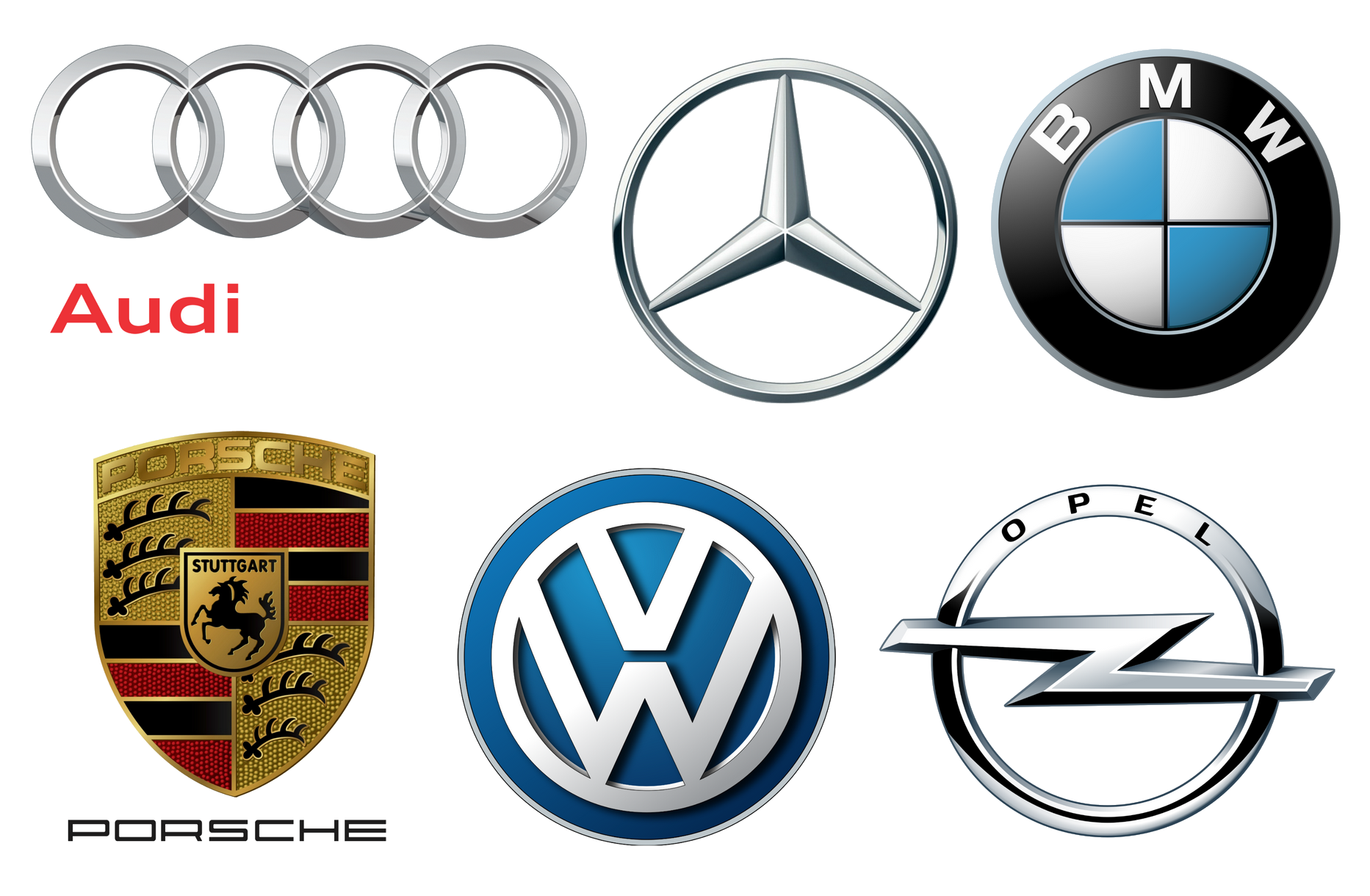
German car brands, known for their precision engineering and performance, are facing a pivotal moment in their history. The automotive industry is undergoing a rapid transformation, driven by technological advancements, changing consumer preferences, and environmental concerns. This presents both opportunities and challenges for German manufacturers as they strive to maintain their leadership position in a rapidly evolving landscape.
Electrification and the Shift to Electric Vehicles
The transition to electric vehicles (EVs) is a defining trend in the automotive industry, and German car brands are actively investing in this technology.
- Volkswagen, for example, has announced plans to become the world’s largest EV manufacturer by 2025.
- BMW is expanding its EV lineup with models like the i4 and iX, while Mercedes-Benz is investing heavily in electric powertrains and battery technology.
These investments are crucial for German car brands to remain competitive in the growing EV market, but they also present challenges.
- Building a robust EV infrastructure, including charging stations and battery production facilities, is essential for widespread EV adoption.
- Furthermore, German car brands must overcome consumer concerns regarding range anxiety and the cost of EVs.
Closing Notes
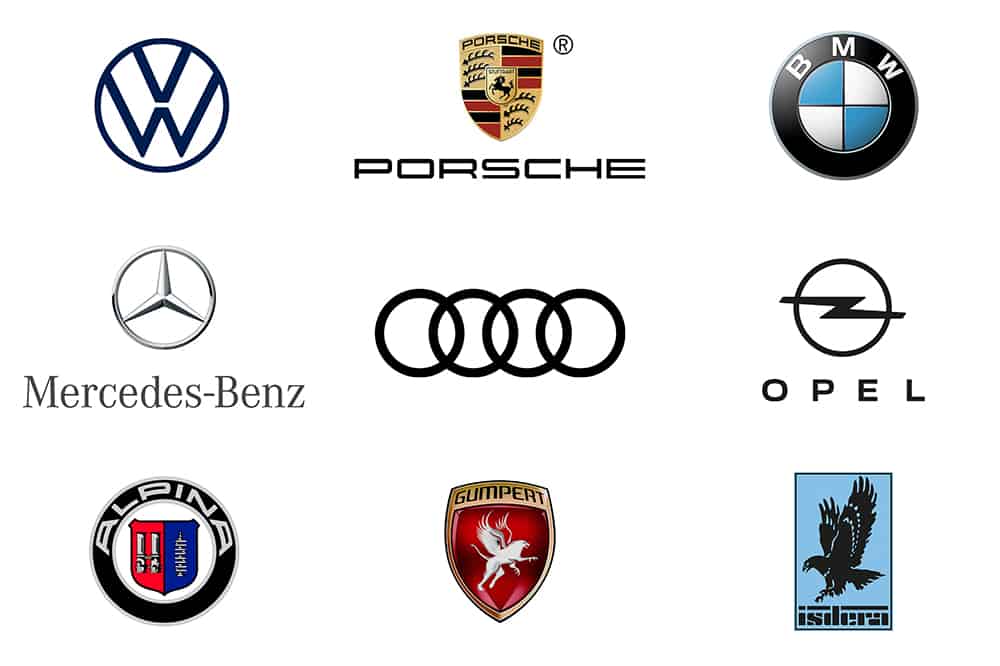
As the automotive landscape continues to evolve, German car brands are facing new challenges and opportunities. The rise of electric vehicles, autonomous driving, and sustainability are transforming the industry, demanding new levels of innovation and adaptability. Despite these changes, German car manufacturers remain committed to their core values of engineering excellence, and their legacy of innovation suggests they will continue to play a leading role in shaping the future of mobility.
